While federal EV tax credits expired on September 30, automakers hope to maintain sales momentum – or, at the least, head off a threatened slump – with makers like Hyundai, GM and Ford coming up with deals of their own, including big price cuts and incentives matching the lost federal tax credits. They could help boost demand, according to a new Harris poll. More from Headlight.News.
EV sales hit an all-time monthly record in September as U.S. buyers raced to take advantage of federal tax credits before they officially expired on September 30. Going forward, many industry planners and analysts fear, demand for all-electric models could go into a tailspin.
Not if manufacturers like Ford GM and Hyundai have their way. They’re among the automakers who have announced lucrative deals meant to offset the lost federal incentives. The Korean carmaker, for example, this week cut the price of its Ioniq 5 EV by as much as $9,800. Ford and GM are effectively matching the tax credits for those who lease their EVs.
A new Harris poll, meanwhile, finds that a sizable majority of potential “defectors” would reconsider an EV with the right sort of cash on the hood.
EV sales may be headed for the cliff
Under the federal budget measure passed by Congress last July, EV tax credits of up to $7,500 expired as of 11:59 PM on September 30th. Buyers who had a confirmed sale in place by then will have time to take delivery. But for those who waited too long, this may now translate into a significant price hike on any EV they might want to purchase.
That’s expected to be felt in a sharp sales slump over the course of the next few quarters – complicated by the “pull-ahead effect.” Many buyers who would have waited until later this year raced to market to take advantage of the tax credits.
EV sales could drop by as much as a third during the fourth quarter of 2025, warned Tyson Jominy, lead data analyst at J.D. Power. Meanwhile, a study by AutoPacific, Inc. foresees the EV share of the U.S. new vehicle market peaking at around 12% this decade, down from the research firm’s earlier target of 20% or more.
Automakers get proactive
Even before the vote by Congress, many automakers were already beginning to scale back EV plans – in many cases paring back product plans and trimming production schedules. But they still have a lot of product to sell and some have now announced deals designed to offset the lost federal incentives.
Both GM and Ford have advised dealers who work with those automaker’s “captive” finance subsidiaries that they’ll factor in the equivalent of the $7,500 tax credits for those leasing models like the Ford Mustang Mach-E and Chevrolet Blazer.
GM said in a statement it has “worked with our GM dealers on an extended offer for customers to benefit from the tax credit for leases.”
Hyundai has its own deals for EV customers. It’s matching the lost tax credits on 2025 Ioniq 5 purchases and leases, and then cutting the sticker price on the 2026 Ioniq 5 by as much as $9,800, depending upon trim.
More EV News
- September Auto Sales Buoyed by Record EV Demand
- What Happens Now That Federal EV Tax Credits Are Gone
- Fed Rate Cut May Not Stave Off Auto Auto Sales Slump
Buyers could be lured back: Harris poll
Don’t be surprised to see other automakers extend a helping hand to buyers, as well. And it could pay off. A new Harris poll found that while potential buyers are getting scared off by the lack of federal tax credits, they could be lured back by manufacturer incentives.
About 60% of those potential buyers surveyed who’ve now left the EV market say they’d consider one, after all, with an incentive of at least $5,000. Less than a third would be enticed by incentives of $2,500 to $4,999. And 11% would be good with a giveback of up to $2,500.
A separate Harris poll from August found affordability to be the top concern of 64% of EV buyers. That reflects the fact that the typical battery-electric model cost $57,245 in August, according to Kelley Blue Book, compared to just under $50,000 for new vehicles overall.
How far down will the EV sector go?
“I wouldn’t be surprised if EV (market share) in the US go down to 5% from about 10% now,” Jim Farley, the chief executive officer of Ford, said during a conference in Detroit this week. Ford has pulled or delayed plans for several EVs but recently announced a new line-up of low-cost “Universal EVs” due to start rolling out in 2027. Even then, Farley said, the market will be “way smaller than we thought” just a couple years ago.
Not everyone is quite so pessimistic.Power’s Jominy expects products like those entry-level Fords and GM’s upcoming Chevrolet Bolt revival could rebuild momentum over the next few years.
As for Hyundai, “Because of the surge we saw in September, there’s going to be a reset in October, maybe November. But the EV market will settle,” Randy Parker, its North American CEO, said a call to discuss September sales. Hyundai remains committed to EVs, though it has decided to add hybrids, as well at the Metaplant in Georgia originally intended to just produce battery-electric models.

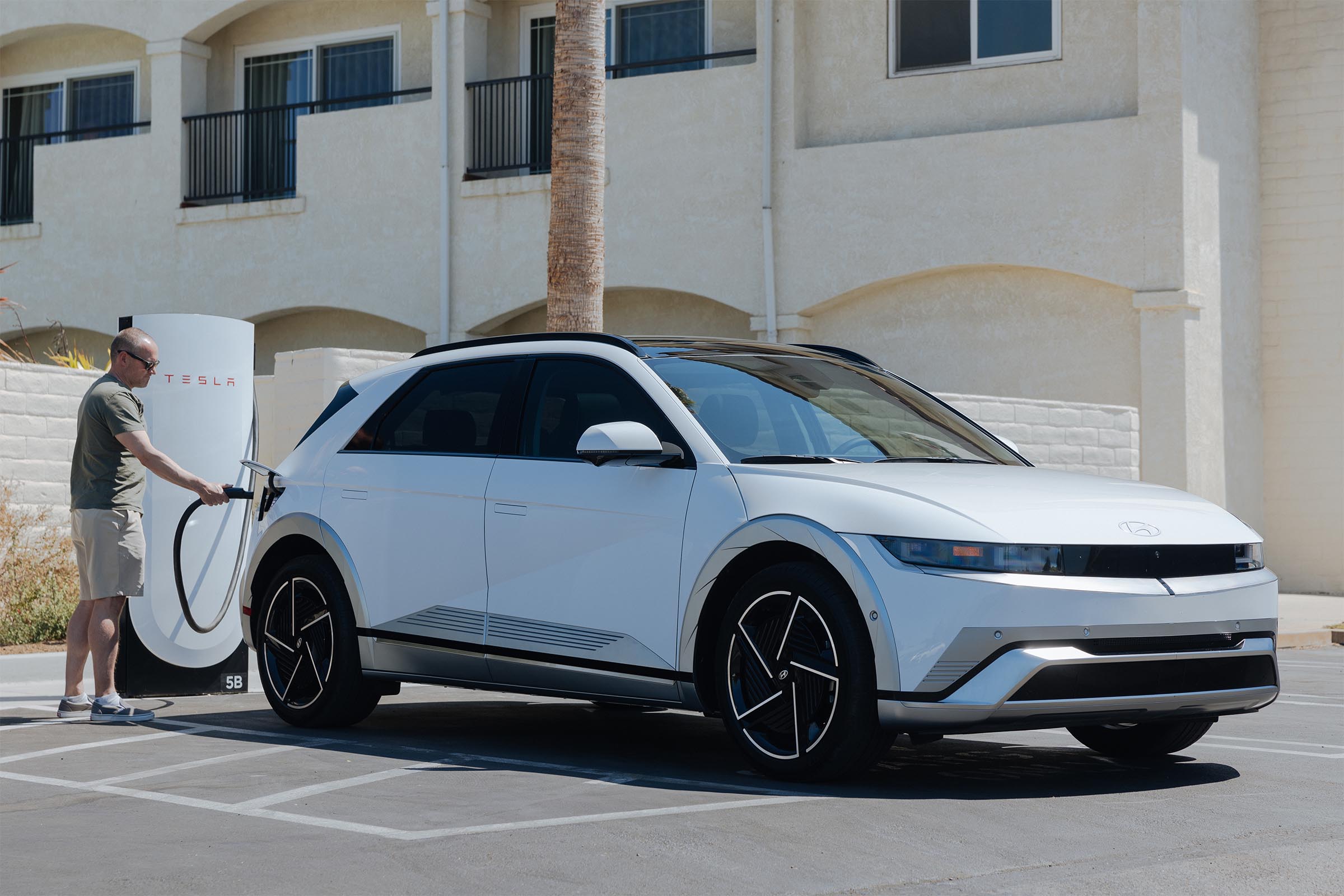
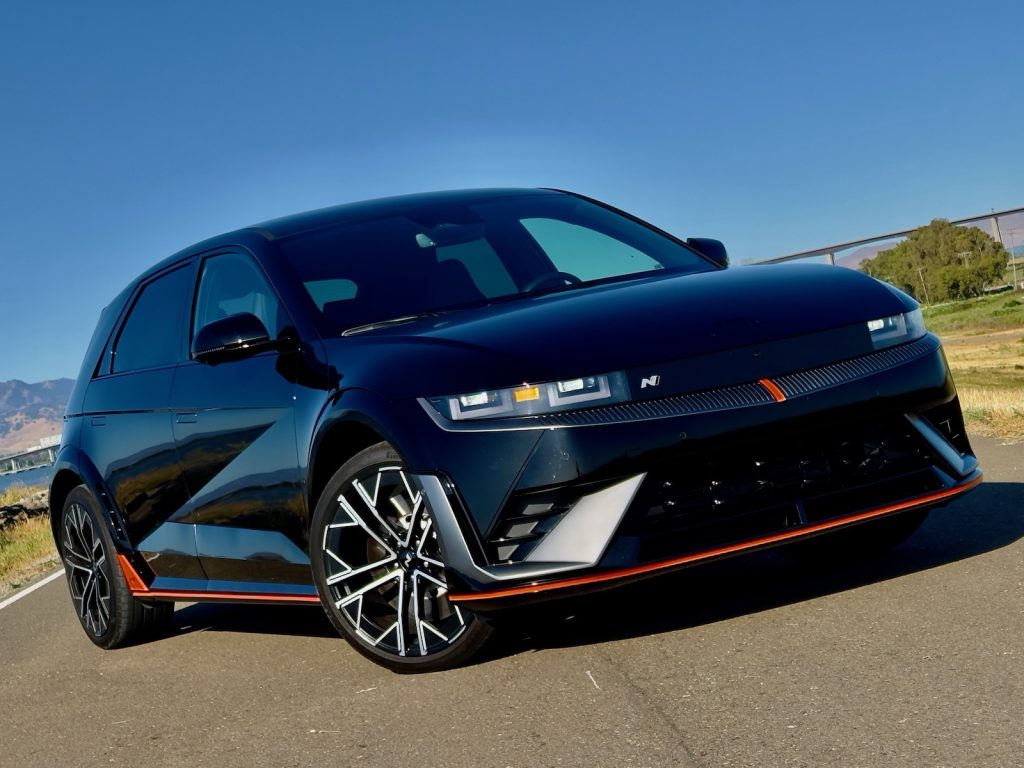
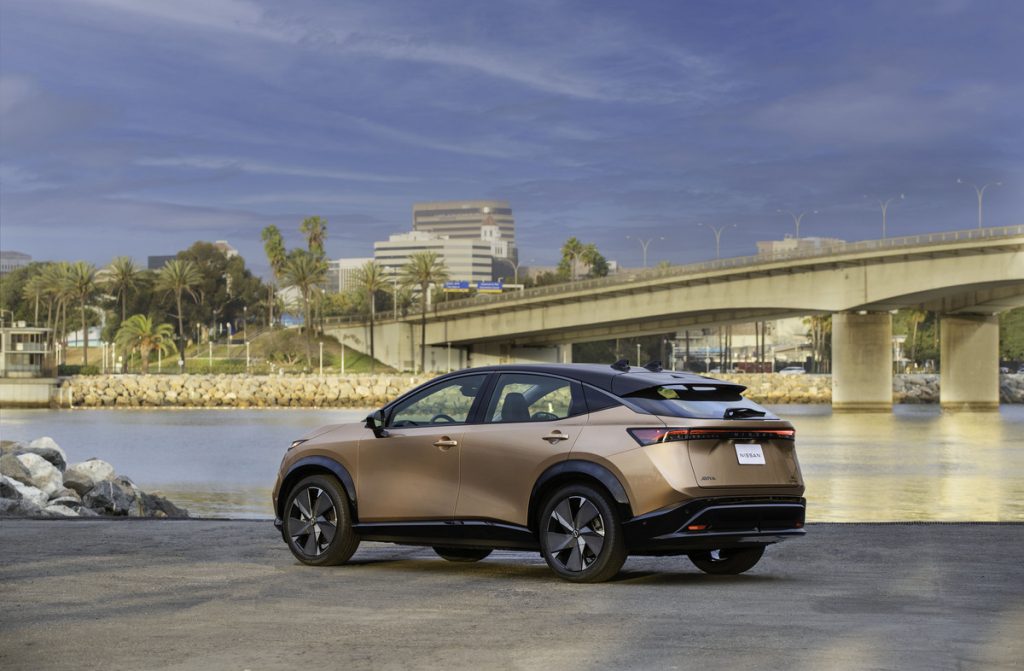
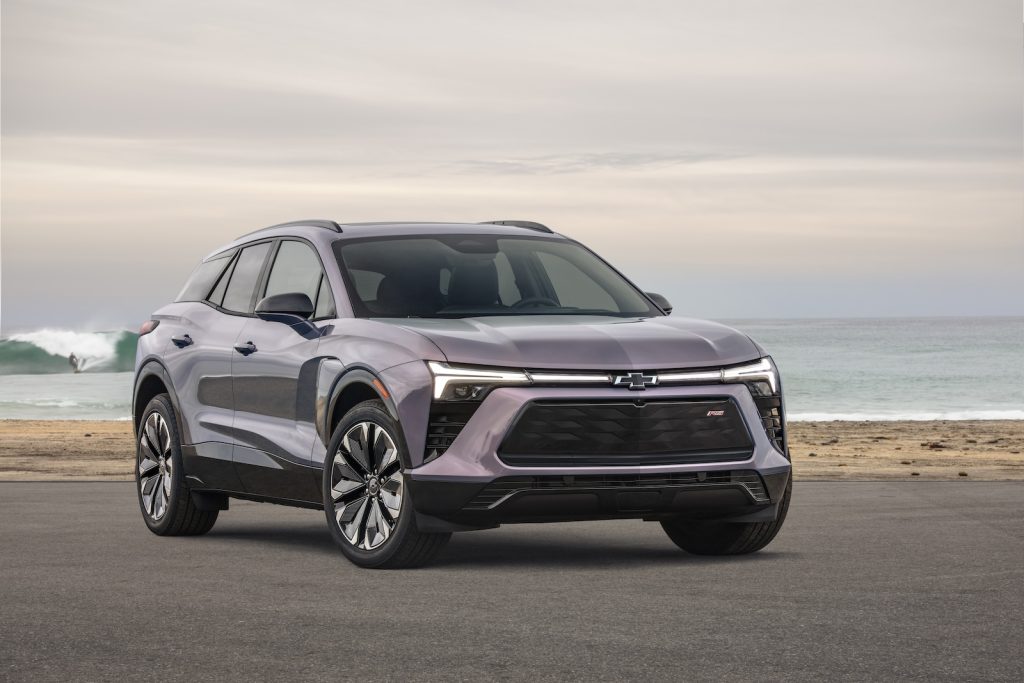


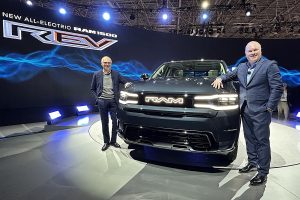
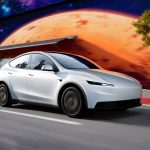
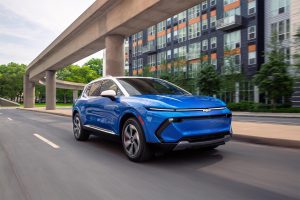


Not a good explanation of the Ford/GM plan.
More red ink for the EVs. Hardly a sign that things will improve soon, if ever. I wonder if anyone has calculated what was ‘invested’ (wasted) on EVs, batteries, chargers, etc. vs what was earned?
I expect EVs will settle in at a small percentage (5 – 10) of sales, unless or until the Chinese can sell a $10K econobox here. When it stops, you just throw it away like you do with all the other Chinese crap you buy. Invest in junk yards!
Apple and Google have to be quite happy they resisted the urge to join the party.